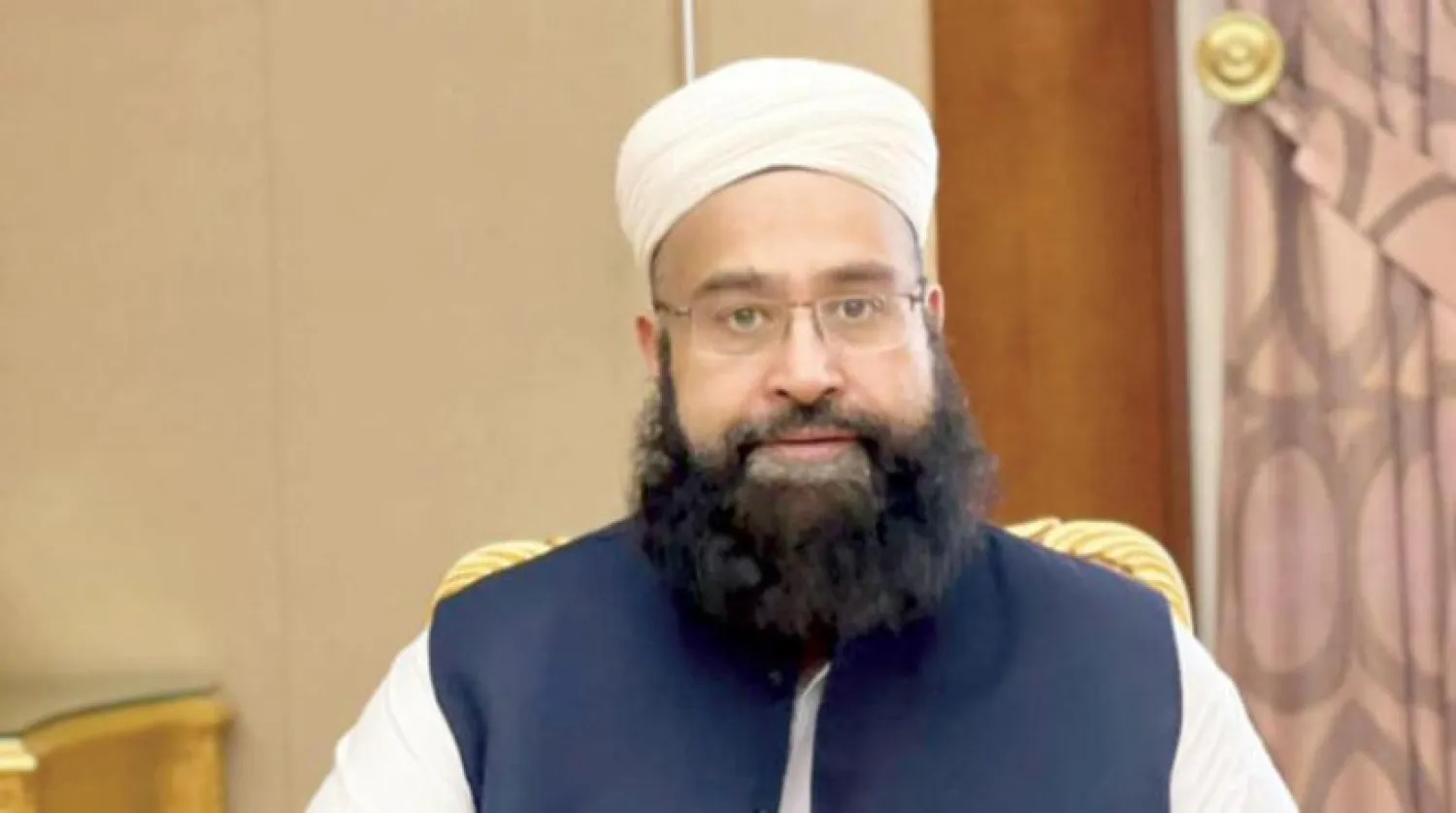Chairman of the Pakistan Ulama Council, Special Representative of the Prime Minister for Interfaith Harmony and Middle East Affairs, Sheikh Tahir Ashrafi affirmed that doubt casters targeting Saudi Arabia’s role in organizing the Hajj pilgrimage are inexperienced in managing large crowds and are unaware of the efforts the Kingdom exerts in the service of Islam and Muslims.
Speaking to Asharq Al-Awsat, Ashrafi clarified that the ignorant haters targeting the Kingdom are without a doubt backed by countries and malicious groups that despise Saudi Arabia.
He added that organizing Hajj affairs is not as easy as some think as it requires complex operations for accommodating worshippers who come from around 150 countries and speak in 160 different languages.
Ashrafi stressed that every Muslim is proud of Saudi Arabia’s impressive success, especially as it deals with hundreds of millions of Hajj pilgrims and Umrah performers with all merit, competence, skill, and professionalism.
Regarding the manipulation of Hajj, Ashrafi said that Hajj is exclusively an act of worship, but there is a deceived and ignorant group that may seek to abuse the religious event by organizing corrupt mob marches and spreading false and deceptive political slogans among pilgrims.
Ashrafi added that those crossing red lines will be confronted by Saudi security servicemen who are protecting Hajj from such abuses.
“We fully support all the decisions taken by Saudi Arabia and its leadership to maintain the security, safety and stability of the pilgrims,” Ashrafi told Asharq Al-Awsat, adding that the Kingdom saves no effort in ensuring that Hajj rituals go easily and smoothly.
Regarding armed religious groups, Ashrafi said that it is the manufacture of extremist, bloody, terrorist sectarian parties, and there are well-known countries that sponsor, finance, support and train these criminal groups.
He called on the countries of the region and the world to unite ranks to confront extremists and terrorists.









